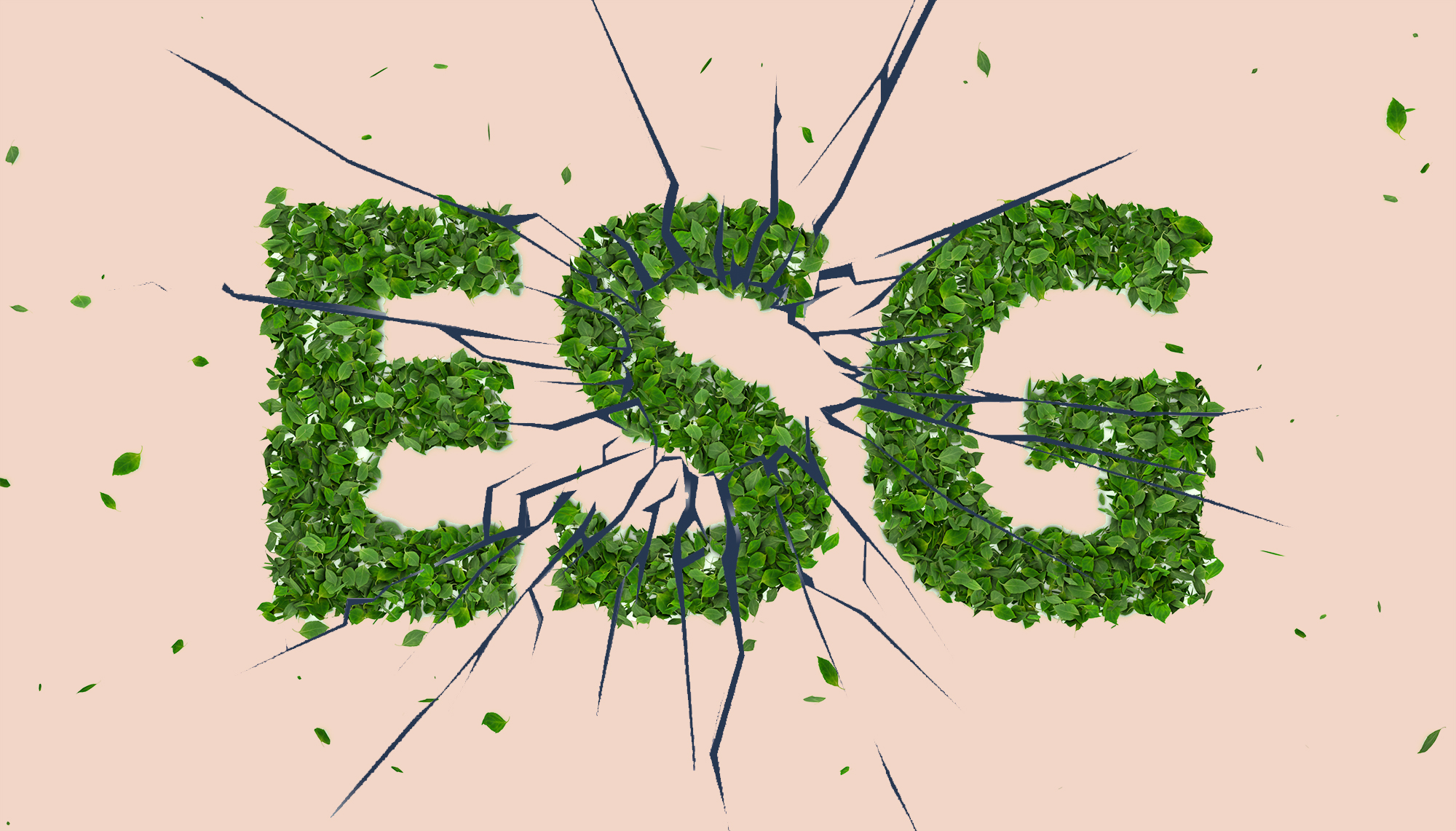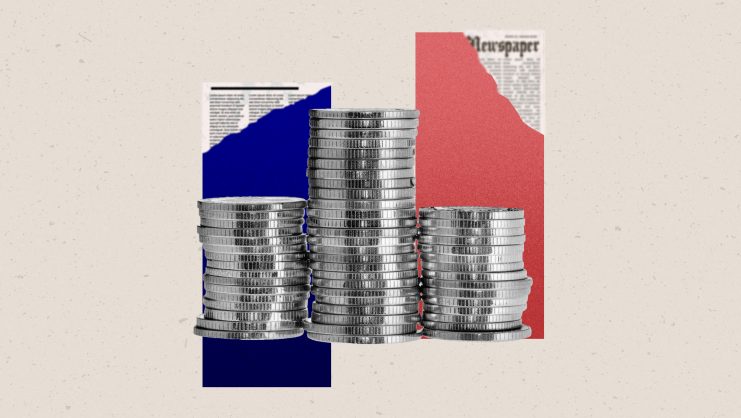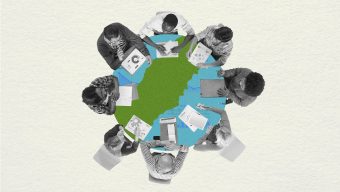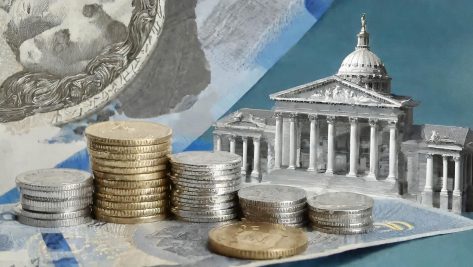About fifteen years ago, an investment manager friend of mine recounted a visit he had made to the Mother Superior of a congregation of nuns. He was there to update her on how the congregation’s portfolio was doing and the first thing the Mother Superior said to him was: “I want to know if you use my money to buy tobacco, arms, or alcohol companies.” My friend replied, “Mother, we never fail to take advantage of an opportunity that can make money for our investors.” Her response to this was: “That’s exactly what I wanted to hear.”
This interaction seems unimaginable now – and not only because the response came from a nun. Today, “socially responsible” investing (often shortened to the acronym ESG) is mainstream in Europe, and on the rise in the United States. As we know, ESG investment brings with it a “positive” mandate to seek investments in companies that are aligned with the energy transition (the E), which are social (the S, although in practice the E is much more important than the S) and are well-governed (the G, although investment associated with good governance is much older than ESG investment and had already been widely deployed.) ESG practices are well-intended, and progress has certainly been made because of them – but criticism of “greenwashing” abounds because of companies that do not really qualify as ESG firms but pretend they do in order to attract capital.
Conversely, a “negative” policy has come into fashion that entails avoiding companies that are not necessarily “evil” but that do not meet the ESG criteria. This usually includes “brown” energy companies, such as oil and gas, and mining companies, and also industries that are perceived as having negative externalities, such as gambling operators and, often, the companies that the Mother Superior allowed: tobacco, arms, and alcohol.
As a result of these trends, green investment (the one affected by the E) has risen strongly but is still well below the levels needed to achieve carbon neutrality. Meanwhile, brown investment has been heavily punished, to such an extent that the amount of money spent on exploration and investment by oil and gas companies stands at just over half a trillion dollars, a long-time low. Oil and gas companies, fueled by this trend, have been buying back shares rather than looking for more oil or gas – and, as a result of increased energy demands and tight supply, we were facing very high energy prices well before the invasion of Ukraine.
Today we are confronted with a major military conflict in Europe. There used to be a tacit formal convention whereby countries agreed not to use military intervention to change their borders. Moreover, in 1994, Russia recognized the territorial integrity of Ukraine in exchange for the surrender of its nuclear arsenal (Budapest Treaty).
Europe has finally understood that it must drastically reduce its dependence on Russian energy in order not to finance atrocities.
Everything has gone pear-shaped. In the light of this new reality, the Financial Times columnist Peggy Hollinger considered whether defense measures should be ESG and her colleague Richard Milne quoted Deputy Prime Minister of Latvia, Artis Pabriks, “How can we develop our country? Is national defense not ethical?” I am not speculating about whether defense companies should be part and parcel of an ESG portfolio, but whether corporations that produce weapons for free societies should at least no longer be considered unsuitable (aka a negative policy.)
Europe will end up making significant increases in military spending to tackle this crisis, increases which, just like green investments may not be counted as budgetary deficits and may even be funded with European money (just like furloughing has in Spain.) Apart from boosting economic growth at a very critical time, these investments will help Europe defend its territorial integrity. Is there anything unethical about this? Moreover, there is abundant academic research showing how military research, in conjunction with university and business research, ends up generating major inventions (GPS, the Internet, nano cameras, and the touch screen are examples of inventions originating in a war context).
In addition, this war has brought us all face to face with the fact that it is extremely difficult for businesses and many families to pay their energy bills, which will remain high for a long time to come. Moreover, Europe has finally understood that it must drastically reduce its dependence on Russian energy in order not to finance atrocities. And this means making a number of difficult decisions, including:
- Delaying the closure of German nuclear power plants (scheduled for this year, 2022) and also choosing to use energy produced by the new French mini-nuclear power plants.
- Promoting other gas supply sources (Spain can play a relevant role as an intermediary here), even if gas is not deemed to be green energy.
- Stalling the phase-out of thermal power stations. Coal is certainly not a clean fuel, but there seem to be few alternatives in the short term, which is why its price has quadrupled.
In the long term, installing enough green energy will solve many of these problems, but right now, we must understand the short-term situation and this requires difficult decisions to be made, including those by Germany’s Green Party government.
An academic colleague of mine recently explained the famous Maslow’s pyramid to me, about how the needs of human beings change according to how they move upwards in terms of their social and economic needs. At a very rudimentary level, we focus on finding food to survive, then we look for shelter, followed by wellbeing and a sense of social belonging, and so on, progressively. I asked the professor what we do when we are at the top of the pyramid, and he replied: “You become a Buddhist monk.”
Obviously, the nun I mentioned at the beginning of this article did not relate to the figurative Buddhist monk, but we must remember that the pyramid works in both directions. War pushes us downwards and we must therefore rethink our priorities. The smallest (in regards to attention garnered) of the ESG letters is S, yet it is one of the more important. Defending free society with guns is a very, very “social” criterion.
© IE Insights.











